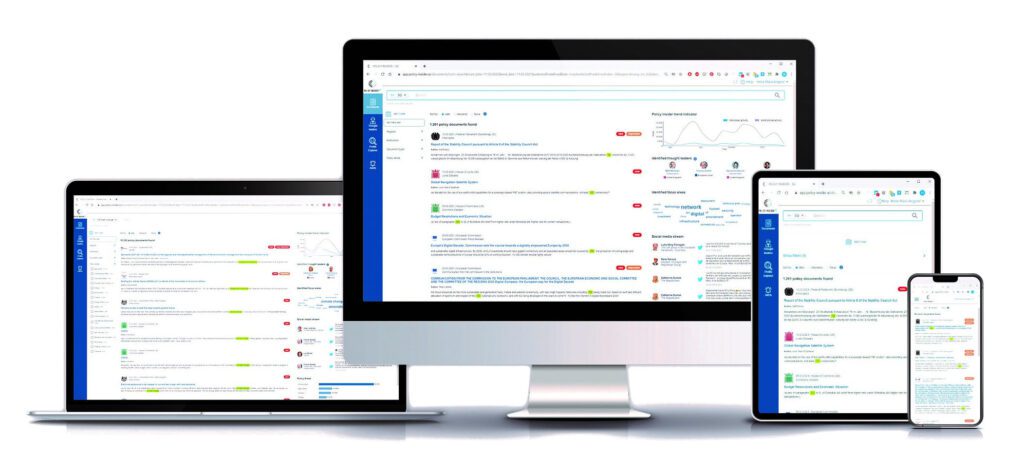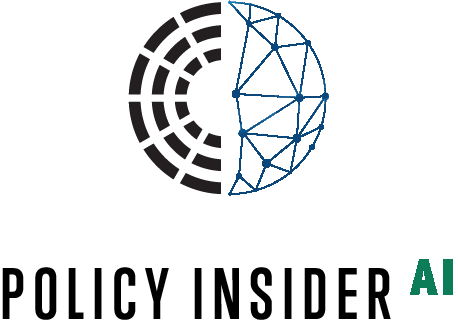Navigating the complex landscape of European food safety, the European Food and Safety Agency (EFSA) emerges as a beacon of trust and vigilance. Since its inception, monitoring practices have been at the heart of EFSA’s strategies, ensuring that every European plate is safe and sound. This article illuminates the EFSA’s historical evolution, its pivotal role, functions, and its unparalleled influence in the policy-making arena.
The EU’s Executive Agencies
The European Union’s many executive agencies play a pivotal role in the implementation and management of specific EU programs, acting as a bridge between the European Commission and the citizens of member states. Unlike the main EU institutions, these agencies focus on specific technical, scientific, or managerial tasks, ensuring the efficient execution of EU policies.
Notable examples include:
- European Research Council Executive Agency (ERCEA), which supports top-tier research in various scientific fields;
- the Education, Audiovisual and Culture Executive Agency (EACEA), focusing on cultural and educational programs;
- the European Institute of Innovation and Technology (EIT), driving innovation across the EU;
- the European Environment Agency (EEA), monitoring Europe’s environment;
- the European Food Safety Authority (EFSA), ensuring food safety and nutrition;
- the European Medicines Agency (EMA), evaluating and monitoring medicinal products;
- the European Chemicals Agency (ECHA), responsible for the EU’s chemical legislation. Together, these agencies enhance the EU’s operational capacity without inflating its bureaucracy.
EFSA’s Inception: Born from a Need
Tracing back to 2002, the EFSA was the EU’s robust answer to a series of food crises that rippled through Europe in the 1990s. Consequently, the aim was clear: to rebuild consumer trust in the European food chain by offering independent, science-backed advice on potential and existing risks.
EFSA at Work: Role and Monitoring Functions
- Risk Assessment & Monitoring: Central to EFSA’s operations, it embarks on rigorous scientific evaluations of potential risks associated with foods. By continuously monitoring these risks, EFSA ensures that the European food industry adheres to the highest standards.
- Data Collection: Here too, monitoring plays a crucial role. EFSA vigilantly gathers and examines data, becoming an early-warning system for possible food safety threats.
- Guidance with Transparency: EFSA isn’t just about numbers; it’s about people. Therefore, the agency provides clear guidelines to EU member states and maintains open communication channels with the public.
EFSA in the Policy Arena: A Monitoring Powerhouse
Undoubtedly, the EFSA’s evidence-based recommendations hold significant sway in European food safety policies. Legislators look to the agency for guidance, from setting limits on pesticide use to verifying the safety of novel foods. Thus, the EFSA stands as an indispensable player in the policy-making process, ensuring every decision is rooted in solid science.
Monitoring EFSA: A Public Affairs Imperative
From a public affairs standpoint, monitoring the EFSA’s actions and decisions is not just essential; it’s non-negotiable. This vigilance allows stakeholders, including corporations, advocacy groups, and the general public, to stay informed and engage in meaningful dialogues. Understanding the EFSA’s science-backed decisions means public affairs professionals can partake in informed debates, enrich policy discussions, and ensure that the public’s voice is heard. This engagement underscores the EFSA’s commitment to transparency and fosters a culture of trust.

Start monitoring the EFSA with Policy-Insider.AI
– three days free –
In Conclusion #TLDR
The European Food and Safety Agency (EFSA) stands as a testament to Europe’s commitment to food safety and consumer protection. Its rigorous monitoring and scientific approach ensure that European citizens can trust the food on their plates. As the agency continues to influence policy and protect public health, its transparency and accountability will remain paramount.


